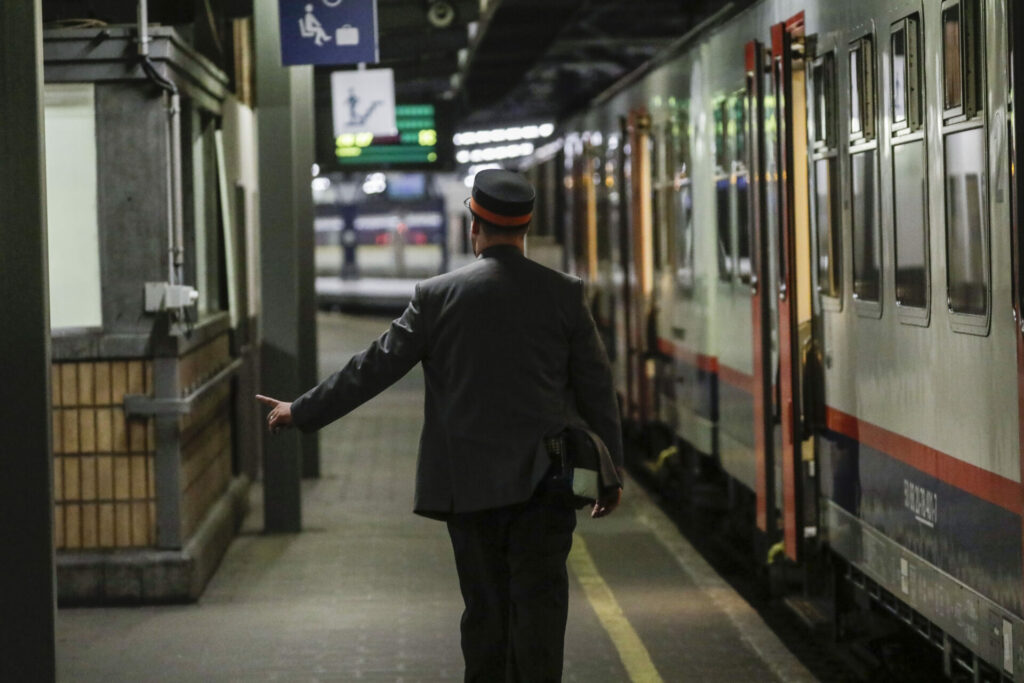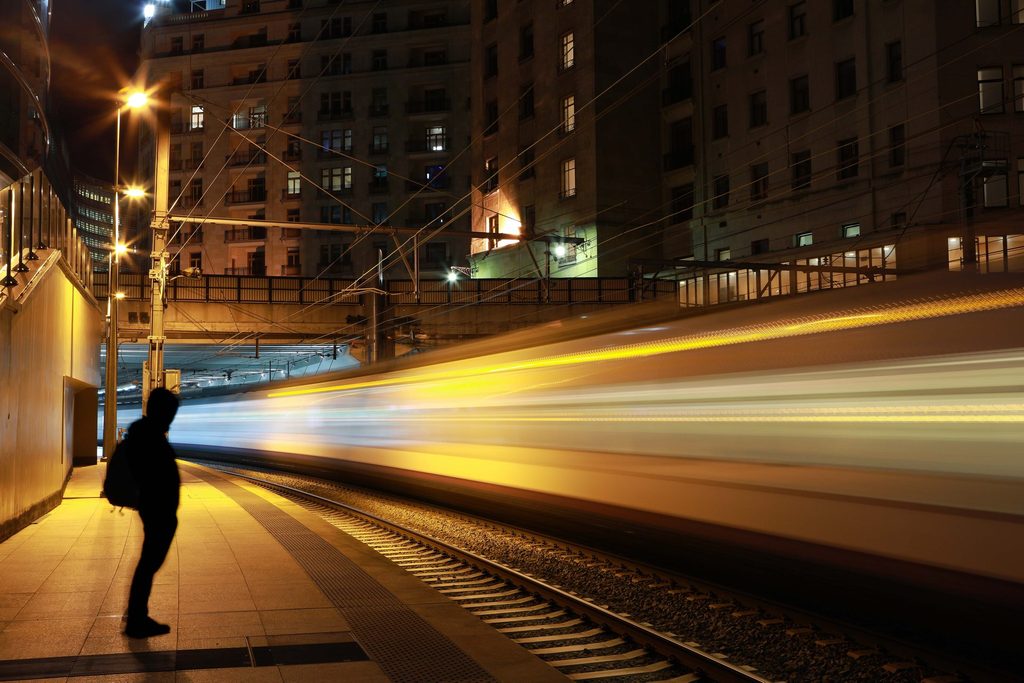Decentralising Belgium's railways for management by individual regions – Flanders, Wallonia, and Brussels – would be a nonsensical decision that would result in passengers having to pay more for poorer service, shows a study commissioned by Federal Mobility Minister Georges Gilkinet (Ecolo).
For ten years the Flemish nationalist N-VA party has been making the case for a regional division of Belgium's rail network. Last month, former railway boss Marc Descheemaecker (N-VA) also proposed splitting the Belgian railway in his new book – which prompted Gilkinet's analysis.
"The railways must do better and become more efficient," concluded the study. "But it is certainly not by wasting time and energy discussing a hugely complex reorganisation – or by spending public money on this project – that we will make progress in the interests of the user, whether citizens or companies."
Descheemaecker argued that such a reform would allow regions to integrate trains with the regional bus and tram networks. However, it is unlikely that travellers would be better off than they are now, the study concluded.
The end of seamless integration
The Belgian system is hyper-connected, with a star-shaped network of railway lines around Brussels – a model that requires many interregional connections. "If you overlay the language border on the map of our railway network, there are no fewer than 20 crossings between Flanders and Wallonia and 11 crossings between Flanders and Brussels, sometimes several on one railway line," the report points out.
In practice, this amounts to between 1,000 and 1,200 trains (around 33%) running across the Flanders-Wallonia border every day, and between 1,400 and 1,500 also going through the Brussels-Capital Region.
Belgian lines also cross the border into neighbouring countries 16 times (five times with France, four with Luxembourg, four with the Netherlands plus one for freight transport, and two with Germany). In short, Gilkinet underlined, everything is connected to everything.
"In total, almost 50% of Belgian train traffic is interregional. More than half of passengers cross a regional border," he said. "These are all train connections and passengers who would be affected by this plan to regionalise and split the railways, as N-VA proposes. Irresponsible."

Credit: Belga / Thierry Roge
Passengers would also have to transfer much more often – not just between trains, but between different rail companies. Many Walloon commuters travelling to Brussels via Flanders, for example on the Charleroi-Brussels-Antwerp line or the Liège-Brussels-Bruges line, would then have to take three different trains and buy three different tickets to reach the capital.
This would have a negative impact on the punctuality and smooth flow of trains. New terminals would also have to be added, which would entail additional costs (that would, in turn, have an effect on ticket prices).
'Kafkaesque'
Additionally, supplying the ports of Antwerp, Ghent and Zeebrugge will become more expensive in a regionalised railway scenario. A number of important supply lines from neighbouring countries run through Wallonia before reaching their destination in Flanders. "In practice, regionalising the railways would mean that Belgium's language border becomes a real border, with concrete obstacles and boundaries," said Gilkinet.
Moreover, dividing each of the Infrabel, SNCB and HR Rail companies into three regional entities (resulting in a Belgian railway system with nine entities) would require very lengthy negotiations with a view to sharing assets and multiplying (infra)structures, making huge costs (splitting, transactions, duplication) without any added value for the users.
All this together would lead to a non-reversible structure and "a Kafkaesque alternative" to what exists now, Gilkinet stressed. "N-VA's plans are bad science fiction."

